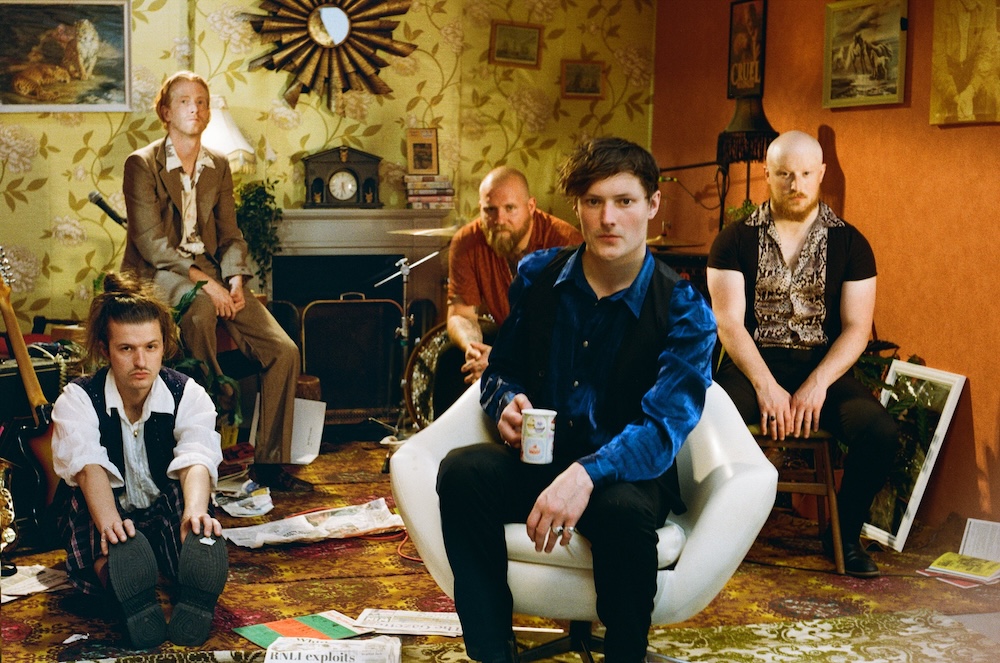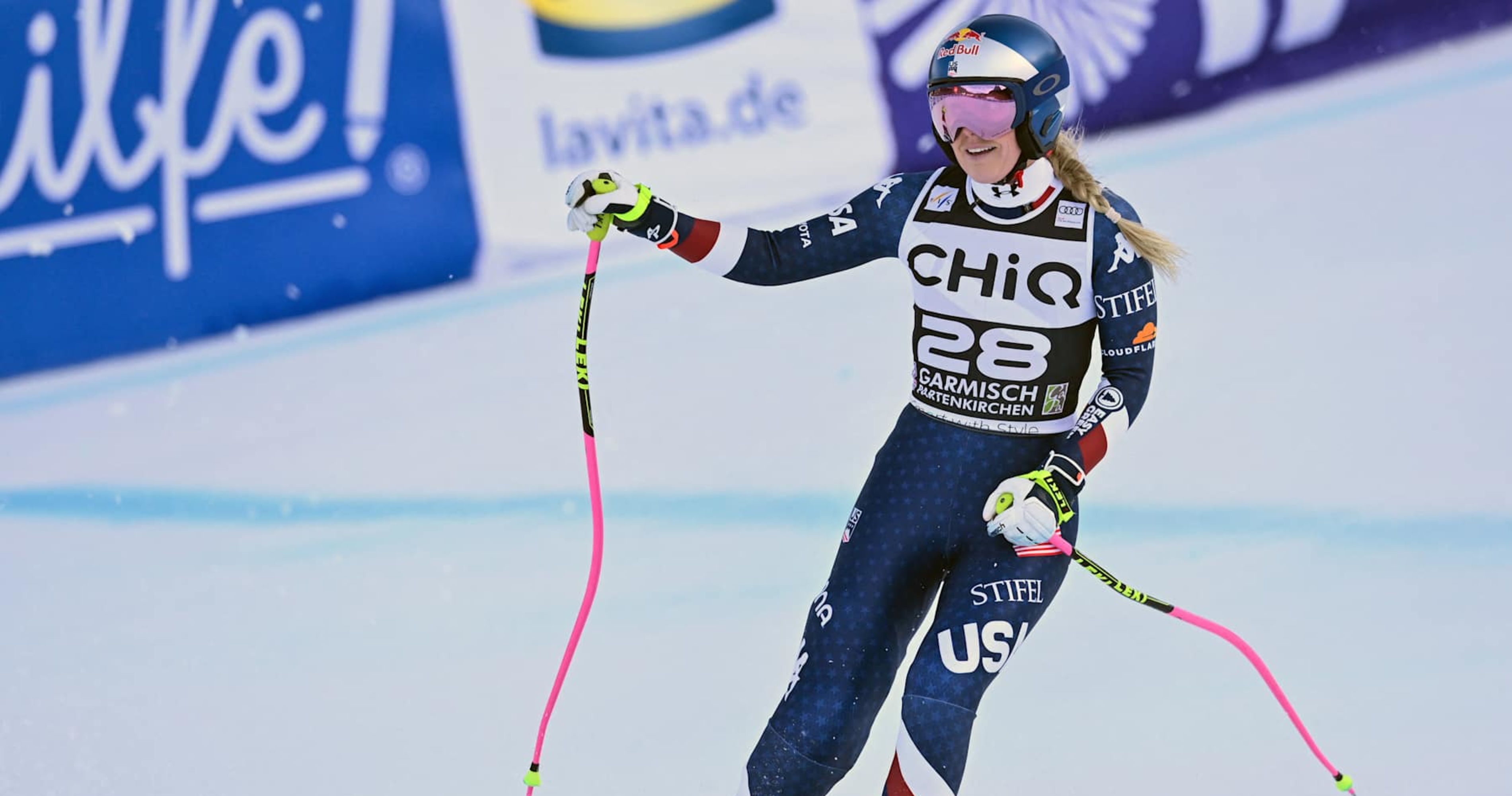Before I Was a Politico and a Journalist, I Was a U.S. Capitol Police Officer


How does a country keep its electoral institutions and yet lose its democratic spirit?
I’ve been wondering about this in recent months. How does America, the greatest of democracies, become a Hungary?
We are watching that process right now.
When Jack Kennedy was killed, Jimmy Breslin skipped the parade and wrote instead about the gravediggers. Now we see an American president who is out in plain daylight burying the republic itself.
First, the U.S. Senate failed to assert its obligation to reject cabinet nominations. Where are the few Republicans who could hold the fort against the confirmation of Pete Hegseth, Robert F. Kennedy Jr., Tulsi Gabbard, and Kash Patel? Aren’t there four who dare?
Next are the pardons of those who Trump has christened as the “J-Six Patriots.”
On January 6, 2021, hundreds of people descended on the U.S. Capitol to crush a constitutional transition of power. A police officer suffered a stroke and died the next day. Two others, Jeffrey Smith and Howard Liebengood, commit suicide in the days thereafter.
I can imagine why. As a U.S. Capitol Police officer a half-century ago, I remember the many fellow officers who commuted from as far as West Virginia. Many were ex-military, often Military Police, “double-dippers” who had served decades as enlisted men, and they were all men.
They were working people, In other words, like those who attacked the U.S. capitol on January 6. They could see themselves in the faces of those charging the building’s outer doors, see the hatred being aimed at those who held the line. For months, I have been talking about the anguish that the Capitol Police felt on January 6. There they stood, fighting for the country’s capitol, the center of its democracy, against the angry faces of their neighbors.
There is no way to attempt an even-handedness on that historic day. Or now, in the days after President Trump, who directed the mob, has granted even the most violent among them pardons.
In 1971, I served as a Capitol Policeman. A decade later, I was the chief of staff to Speaker of the House Thomas P. “Tip” O’Neill, Jr. I knew what it was like to check the doors as a Capitol cop and to have a prime office only a few feet from the Speaker’s Door, where the attackers fought their way viciously past police for further bedlam into the House chamber itself.
Both of my jobs, cop and consigliere, were honorable. Just home from the Peace Corps in Africa, my police gig was a patronage appointment under the old system. I got to work with those country boys from the outskirts of D.C. and listened to them during breaks. (Recall that George Wallace was running a strong campaign in suburban Maryland when he was shot a year later.) It was in the heat and heart of the Vietnam era, with an intense rivalry between town and gown, even between father and son.
I remember one West Virginia country boy who pulled me aside to explain something to the college grad about the working guys.
“Do you know, Chris, why the little man loves his country?”
I hesitated to let him answer.
“It’s because it’s all he’s got!”
In a long career of treasuring certain words, these are some that I hold closest. The “little man” doesn’t have money, a big home, or kids with a four-year degree
He does have his country and loves it all the more for his lack of other possessions.
On January 6, 2021, President Trump sent his mob to the Capitol, careening through its doors and windows to prevent the safe transfer of presidential authority from one American to the next.
In so doing, they sent men to their graves for having to choose between the country they love and the familiar, menacing faces of their own neighbors.
The post Before I Was a Politico and a Journalist, I Was a U.S. Capitol Police Officer appeared first on Washington Monthly.
Source: View source




/pic8185930.png)
